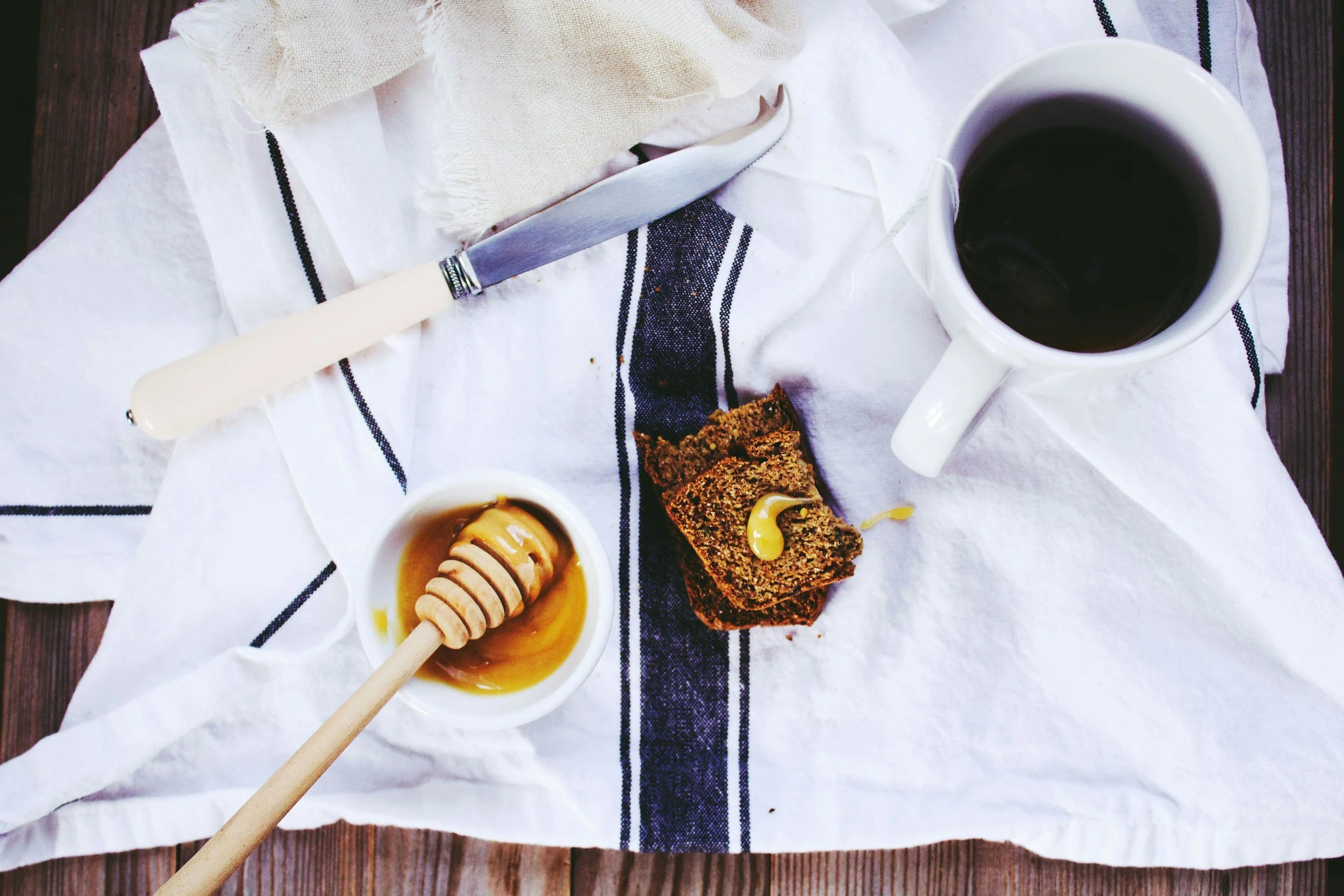What is an Ancestral Diet?
This post contains affiliate links, meaning that I may make a small commission when you shop from my provided links. This helps me to grow my business, at no extra cost to you!
As I started learning more about health and decided to start taking mine more seriously, I immediately assumed that the best way to care for myself was by the narrative I had heard my whole life - low fat, low calorie, lots of salads, lean meats, almond milk, sugar-free, etc., you name it.
We’ve all heard it. Often times we still hear it. I spent so much time chasing skinny, that I honestly couldn’t have told you what it meant to be nourished.
It wasn’t until a random Instagram post caught my eye, talking about the importance of truly nourishing your body, that things started to shift. Slowly, but surely, I began to heal. I learned to prioritize feeling good over squeezing into a certain jean size or chasing a six-pack.
The transformation was incredible:
My energy skyrocketed
My confidence grew
Anxiety and depression began to melt away
I finally approached food from a place of self-love instead of self-hate
That’s when I discovered the power of an ancestral diet and lifestyle — eating the way God intended for our bodies to thrive.
What is an ancestral diet?
I like to think of an ancestral diet as foods in their simplest form - things our ancestors were eating hundreds of years ago. This doesn’t mean we don’t cook, or that we don’t ever eat processed foods. We love things like beef jerky sticks and a good chocolate bar. It just means that the ingredients contain only whole food sources. I like to try to find foods that are local, in season, and grown/raised in a healthy, nourishing, sustainable way. Whenever possible, we buy organic, local, pasture-raised, or grass-fed.
Whenever possible, we choose:
Organic, local, and in-season produce
Pasture-raised or grass-fed meats
Dairy from raw or vat-pasteurized sources
Some of my favorite ancestral foods include:
Pastured eggs 🥚
Grass-fed beef, pastured pork, pastured chicken 🥩
Bone broth (don’t want to make your own? Here’s my favorite pre-made bone broth)
Raw or vat-pasteurized dairy
Properly prepared grains like long-fermented sourdough 🍞
Foods we try to avoid
I’m not a believer in fear-based eating, so we try not to be too strict or hard on ourselves when we eat foods that don’t align with our values. But there are some foods that we do our best to avoid:
Seed oils: things like canola, soybean, sunflower, vegetable, grapeseed… you get the idea
Processed foods in bright colored packaging. Like I said, sometimes we love a good beef stick, chocolate bar, or popcorn, but I always make sure to read the label and check ingredients.
Refined sugars: any sugar that isn’t organic, high fructose corn syrup, or anything where sugar is one of the first ingredients
Conventional dairy
A day in our ancestral kitchen
Breakfast:
3-4 pasture-raised eggs
Sauteed seasonal squash
Ground pork sausage from a local farm
Raw milk latte with collagen and cinnamon
Lunch: We typically eat leftovers from dinner the night before, but when we don’t…
Sliced organic turkey
Raw carrot salad
Cottage cheese
A slice of long-fermented sourdough
Dinner:
Organic chicken or grass-fed beef
In-season vegetables
Snacks:
Gut-healing gelatin gummies
Chomps beef sticks
A2 yogurt with homemade granola
Bone broth with coconut aminos and seasonings
Ancestral lifestyle habits
Eating this way is just one piece of the puzzle. We also try to live ancestrally in other ways:
Time in nature: The average American spends 90% of their time indoors. Fresh air, sunshine, and barefoot walks in nature help improve mood, sleep, and circadian rhythm.
Sleep routine: I used to stay up to the wee hours of the night, and then wake up early, work out, go to work, come home, and do it all over again. I was living in a constant state of fight or flight. In the last couple of years, I've learned how important it is to have a consistent bedtime routine. It can look different for everyone, but for me, I like to sip some good tea, put my phone down, lay on my acupressure mat, and unplug our wifi. This helps me to wind down and sleep better every night.
Community: I think we as a society vastly underestimate the power of community. It has become all too easy to let relationships be surface-level as we have become so engrossed in our phones, but it is so important to find a good community of friends who have similar beliefs and interests as you that you can spend quality, face-to-face time with.
A non-toxic home: This was not an overnight change. I’m a big believer in habit stacking, meaning that I make a habit out of one small practice and then build on top of it, rather than trying to overhaul my life. The same was true for our home as we switched out toxic products for non-toxic products. As one item ran out, I replaced it with something less toxic. And our house still isn’t 100% non-toxic, but I’m slowly working our way up to it!
A clean beauty routine: Just like the products we bring into our home, what we put on our skin matters, too. For years, I didn’t think much about my makeup or skincare — I just used whatever looked pretty on the shelf. But after learning how many harmful chemicals are hiding in conventional products (like parabens, phthalates, and synthetic fragrances), I started slowly switching to clean, non-toxic beauty.
These things might seem a little complicated as you first implement them, but even with busy schedules, it’s become just a regular part of our day-to-day. Every healthy choice is a deposit into our long-term health, just as neglecting it is a withdrawal. What are your thoughts on an ancestral lifestyle? Let me know!

